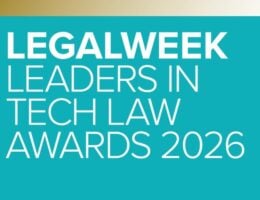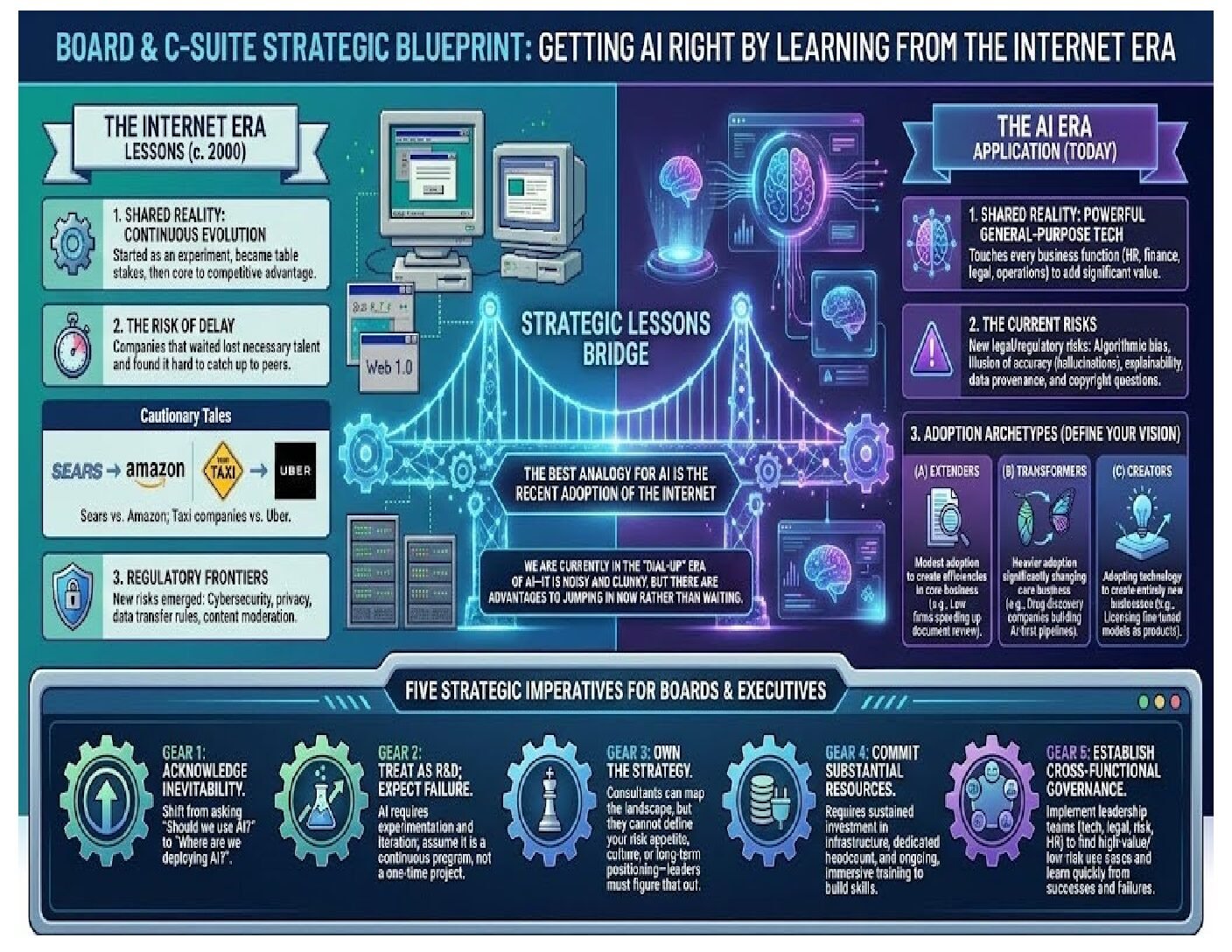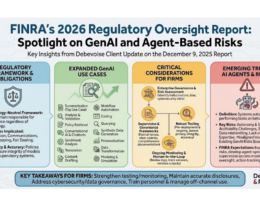Debevoise & Plimpton LLP has been named a finalist in the “Best Tech Training Program Implementation” category at the Legalweek Leaders in Tech Law Awards. The firm was recognized for its innovative, AI-enabled compliance training programs developed for both internal audiences and clients’ in-house legal teams. The nominated program leverages a suite of advanced AI tools to rapidly create bespoke,…
As we look back on 2025, one theme that emerges from our work helping over 100 clients with their AI adoption is that extracting real value from AI takes a sustained effort across the organization, and those investments are now starting to pay off. In 2026, we anticipate that many firms will emerge from the pilot/experimentation AI phase and transition…
The widespread and increasing use of artificial intelligence (“AI”) in advertising and media—particularly to generate realistic human likenesses—has prompted New York to enact two new laws that carry meaningful compliance obligations and potential monetary penalties for advertisers and content producers. Signed on December 11, 2025, the laws will impose (i) mandatory disclosure requirements for AI-generated “synthetic performers” in commercial advertisements,…
As boards and executives look for guidance on how best to adopt AI, comparisons to previous innovations are often used. But catchphrases like “AI is the new fire” or “it’s the new electricity” are not very helpful for people who have to make decisions about AI adoption. None of us were around to experience the impact of the steam engine,…
On December 9, 2025, FINRA released its 2026 FINRA Annual Regulatory Oversight Report (the “2026 Report”). The 2026 Report contains a standalone section on Generative AI (“GenAI”) that substantially expands upon the topic from last year’s publication. In particular, the 2026 Report builds on FINRA’s prior AI guidance by reminding firms of their continuing regulatory obligations with respect to GenAI,…





